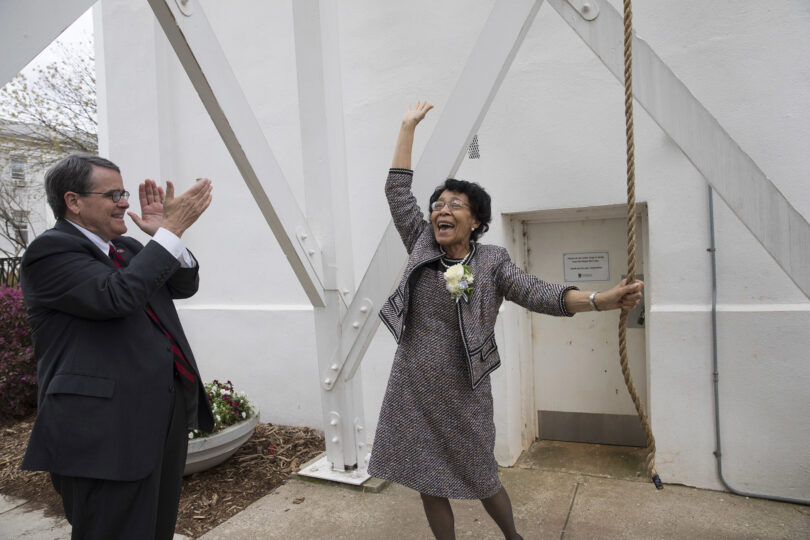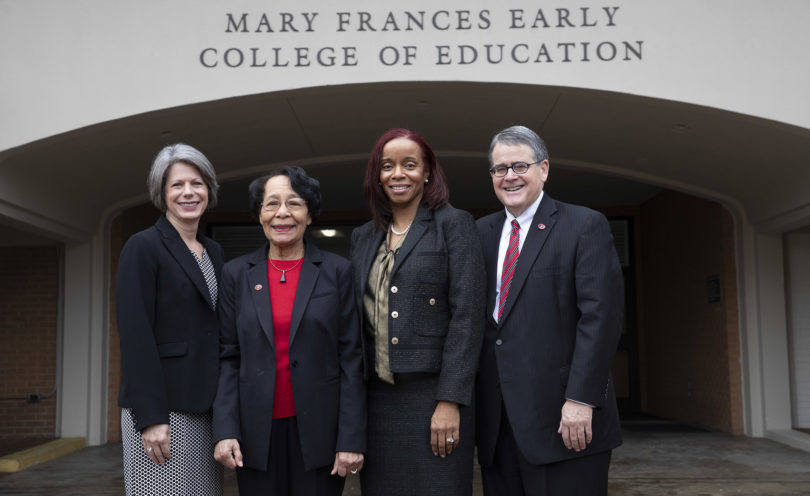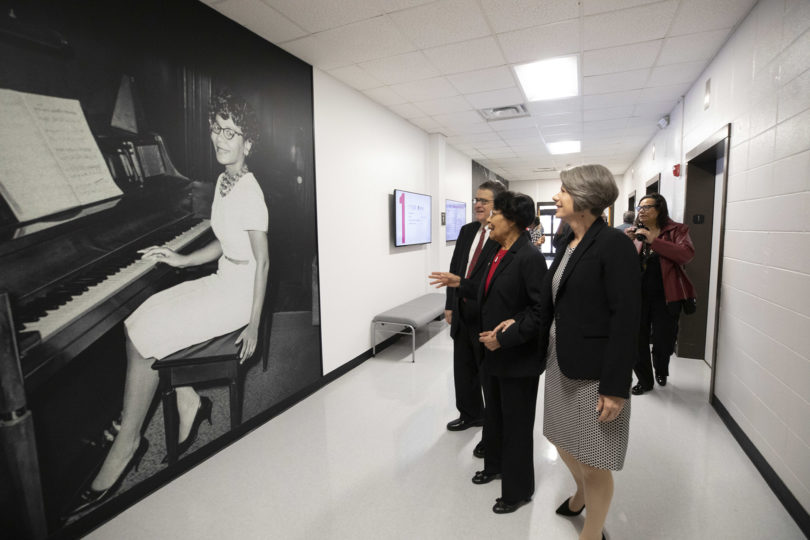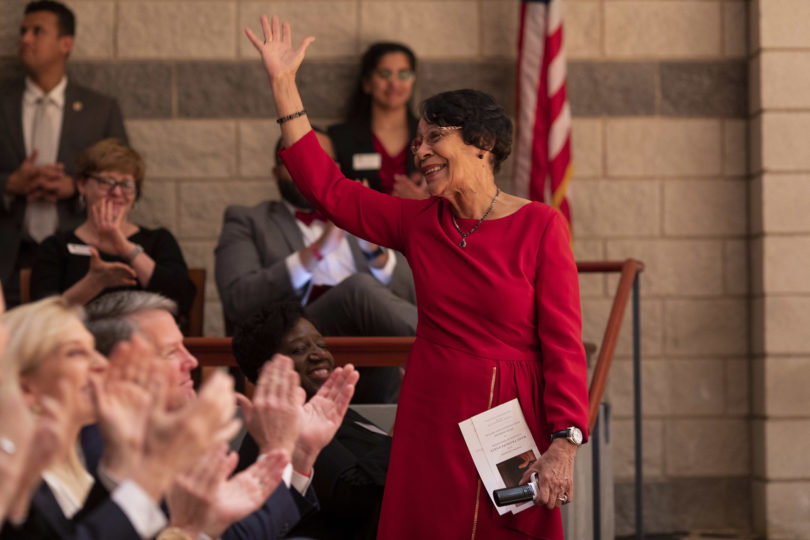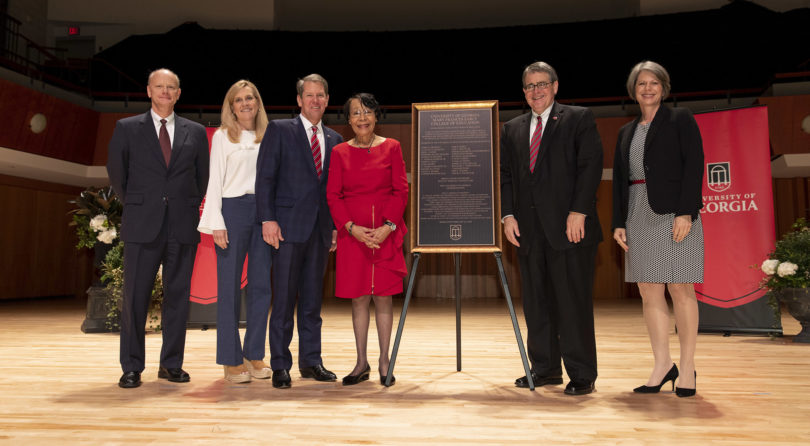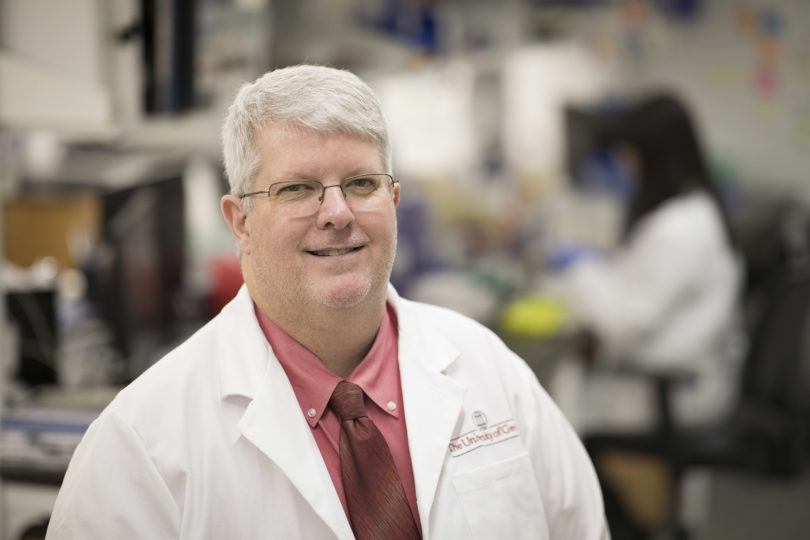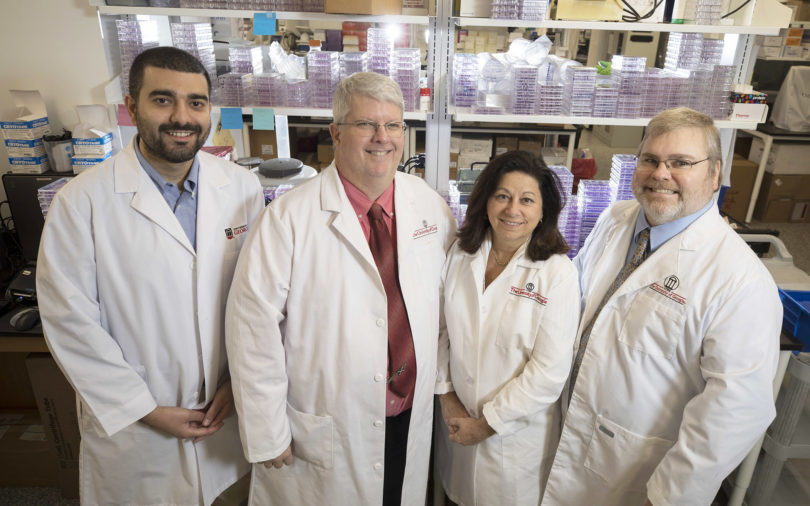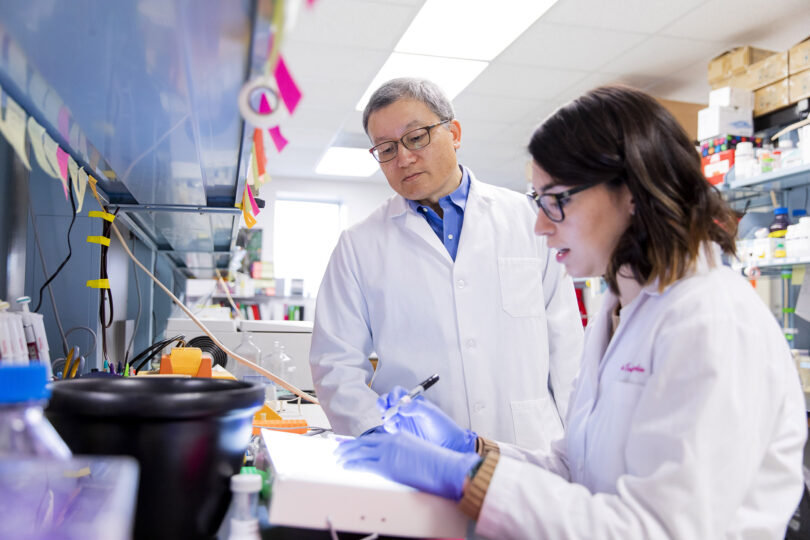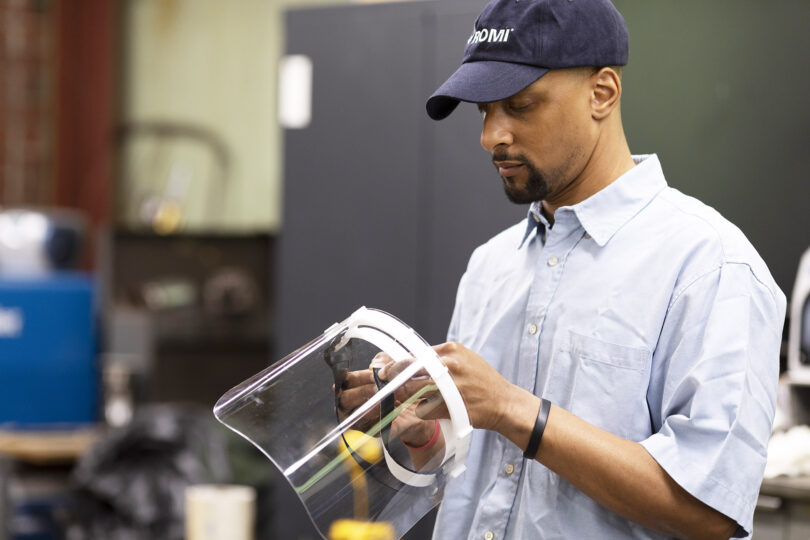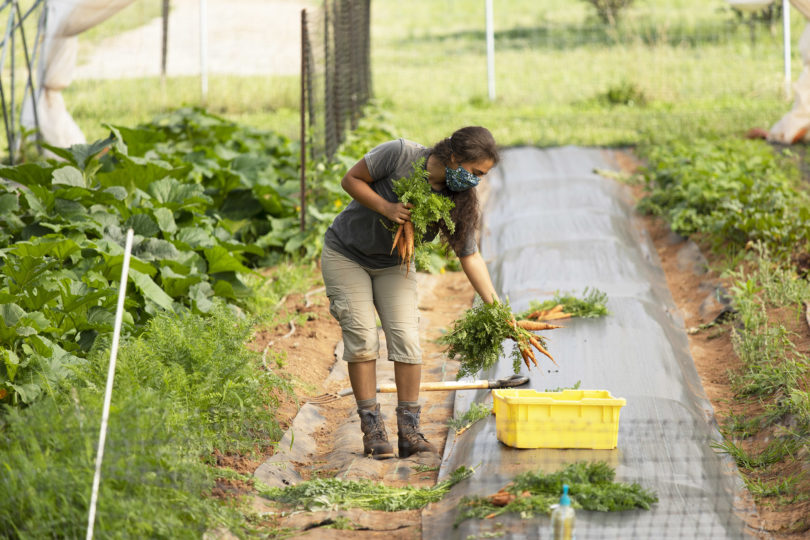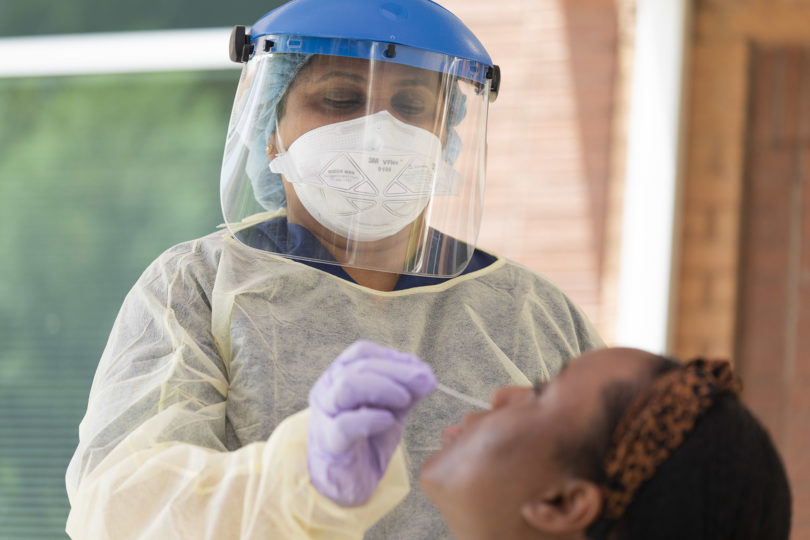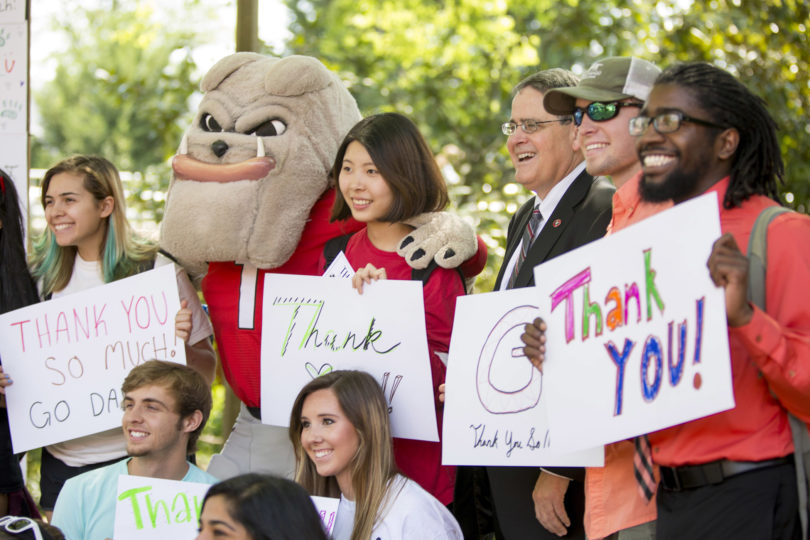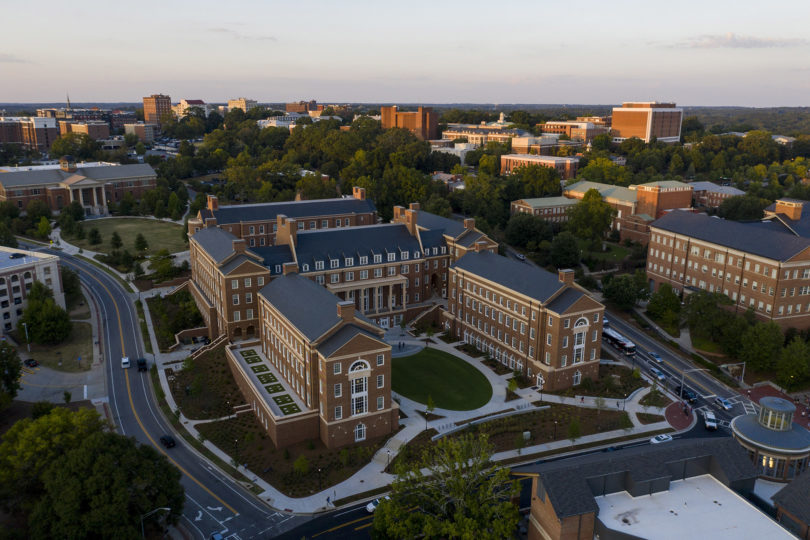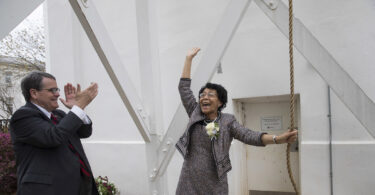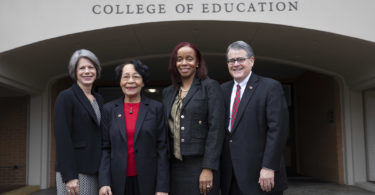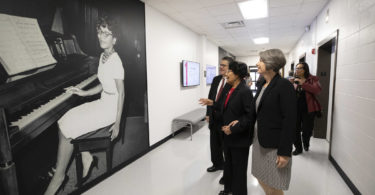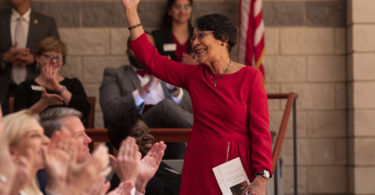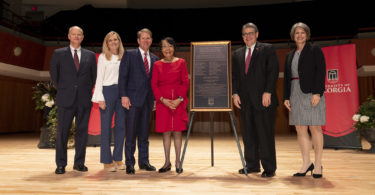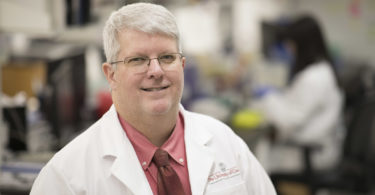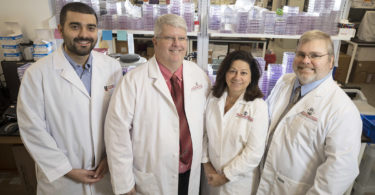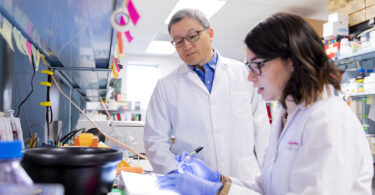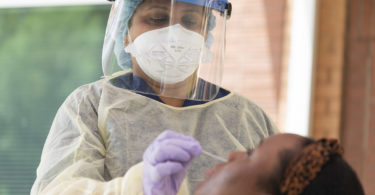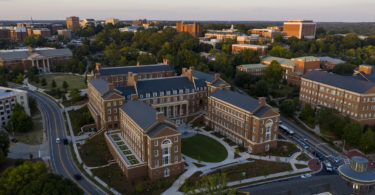The University of Georgia’s 2019-2020 academic year began much like any other. The relative quiet of the summer months was replaced with the nearly perceptible hum of students, faculty and staff preparing for another semester of learning, research, service and, of course, hopes for a successful season on the gridiron.
It goes without saying, though, that this year was anything but typical. Here, we take a look back at some key accomplishments from UGA’s most recent academic year, memories that celebrate the courage and determination that helped us persevere through uncertain times.
Honoring a UGA trailblazer
In February, the university held a ceremony to celebrate the naming of its College of Education in honor of Mary Frances Early, UGA’s first African American graduate and a pioneering music educator.
Early arrived at the University of Georgia in 1961 after transferring from a graduate program at the University of Michigan with the mission of helping Charlayne Hunter (now Hunter-Gault) and Hamilton Holmes integrate UGA.
Early became the first African American to earn a degree from the University of Georgia when she graduated on Aug. 16, 1962, with a master’s degree in music education. She later returned to UGA to earn a Specialist in Education degree.
“With her historic legacy at the University of Georgia, it is fitting that Ms. Early is making history once again as the first African American to have a college or school named in their honor at this institution,” President Jere W. Morehead said at the ceremony.
Early said during the ceremony: “We will always need good educators, and to have the College of Education named in my honor, I can’t even describe how wonderful that is. Even after I’m gone it will still be there. I want to thank all of the people who made this happen.”
The ceremony was held in conjunction with the 20th annual Mary Frances Early Lecture, with Albany State President Marion Ross Fedrick delivering the keynote address.
A historic matchup
In the world of collegiate athletics, all eyes were on Athens on Sept. 21 for one of the most anticipated football games in recent history, with No. 3 UGA taking on No. 7 Notre Dame at Sanford Stadium in front of a record crowd of 93,246 roaring fans.
Campus was buzzing with anticipation from the early morning, when many gathered in Myers Quad for the College GameDay broadcast, until the prime time kickoff televised on CBS.
If fans were nervous before the game, their anxiety peaked when the teams ended the half with UGA trailing 10-7. But our offense came alive during the second half, and the Dawgs fought their way to a 23-17 victory in what was largely a defensive battle against the Fighting Irish.
Before this historic game UGA and Notre Dame met in 2017 in South Bend, Indiana, where the Dawgs emerged victorious after a hard-fought 20-19 game. The only other meeting between the two college football goliaths took place in the 1981 Sugar Bowl, in which legendary running back Herschel Walker helped lead the team to a 17-10 victory.
Research breakthroughs
Shortly after our victory on the gridiron, UGA researchers celebrated their own win by signing a contract with the National Institutes of Health worth up to $130 million over seven years to develop a new, more advanced influenza vaccine designed to protect against multiple strains of influenza virus in a single dose.
The project, led by Ted M. Ross, Georgia Research Alliance Eminent Scholar of Infectious Diseases in UGA’s College of Veterinary Medicine and director of UGA’s Center for Vaccines and Immunology, includes specific attention to vaccine research for high-risk populations, such as the elderly and those with preexisting medical conditions.
“The vaccines we will develop could eliminate some of the guesswork in this process by protecting against multiple forms of influenza, even those we don’t know exist yet,” Ross said.
Responding to a community in need
In early 2020, many UGA researchers shifted their focus to COVID-19: striving to develop potential vaccines and treatments, forecast the spread of the virus, and mitigate its societal impact. Following the cessation of in-person instruction in mid-March at all USG institutions, COVID-19 began to place incredible stress on institutions around the state. Hospitals were hit especially hard as doctors and nurses facing shortages of critical protective equipment did everything they could to help people suffering the worst effects of the coronavirus.
A team of students, faculty and staff at UGA quickly stepped forward to help keep local medical workers safe by designing and manufacturing hundreds of medical face shields for workers at Piedmont Athens Regional Medical Center and St. Mary’s Health Care System.
The shields, which help protect health care providers from droplets, aerosols and other contaminants while treating patients, were produced through a collaboration that included the UGA College of Engineering, UGA Libraries and the Instrument Design and Fabrication Shop, a unit of UGA’s Office of Research.
The student-run Campus Kitchen program also expanded its operations during the early days of the COVID-19 pandemic not only to continue service to its senior clients but also to provide nutritious snacks and quick meals for employees at Piedmont Athens Regional Medical Center.
The prepared platters of food were meant to provide hospital staff—everyone from ICU nurses to the cleaning crew—with an energy boost while also serving as a “thank you” for their hard work.
“We decided early on as a staff that this was a priority and that our senior clients depend on the meals that are provided through Campus Kitchen,” said Shannon Brooks, director of UGA’s Office of Service-Learning. “I think this says a lot about UGA’s commitment to public service. There’s a reason people are in the jobs that they’re in. They have that mentality that this is what we do. It’s part of our DNA as public service professionals at UGA.”
Consultants in UGA’s Small Business Development Center were also quick to respond to the pandemic. Between March 1 and July 5, 2020, the SBDC assisted 2,800 businesses in Georgia, hosted webinars that drew 11,613 participants, fielded more than 8,700 phone calls and helped businesses secure 451 loans totaling $61.4 million.
The center continues to offer no cost regional webinars to business owners throughout the state that cover business plan development, financial best practices, communications strategies and other steps necessary to pivot their businesses after COVID-19.
Celebrating a successful campaign
Four years ago, UGA launched the public phase of the Commit to Georgia campaign, the most ambitious fundraising effort in university history, which was created to help remove financial barriers to students, enhance UGA’s learning environment and help researchers tackle some of society’s most pressing problems.
The university set a goal of $1.2 billion by the end of June, 2020. In total, donors gave $1.45 billion.
That funding has allowed UGA to create 3,600 new scholarships, more than doubling the amount of annual financial aid distributed by the UGA Foundation to students. Of those, 528 are endowed Georgia Commitment Scholarships, the need-based aid program launched by President Morehead in January 2017.
Private giving also has supported cutting-edge facilities for our students, helping to build Delta Hall in Washington, D.C.; the Veterinary Medicine Teaching Hospital; the Business Learning Community; the West End Zone of Sanford Stadium; the William Porter Payne and Porter Otis Payne Indoor Athletic Facility; the Alice H. Richards Children’s Garden at the State Botanical Garden of Georgia; and a variety of other projects, resulting in over 900,000 square feet of new learning and activity space.
Since the campaign’s launch, private support has also created nearly 100 endowed faculty positions, an increase of 42 percent. These positions allow UGA to attract and retain world-class faculty who can inspire generations of students and place UGA’s research enterprise among the nation’s best public universities.


